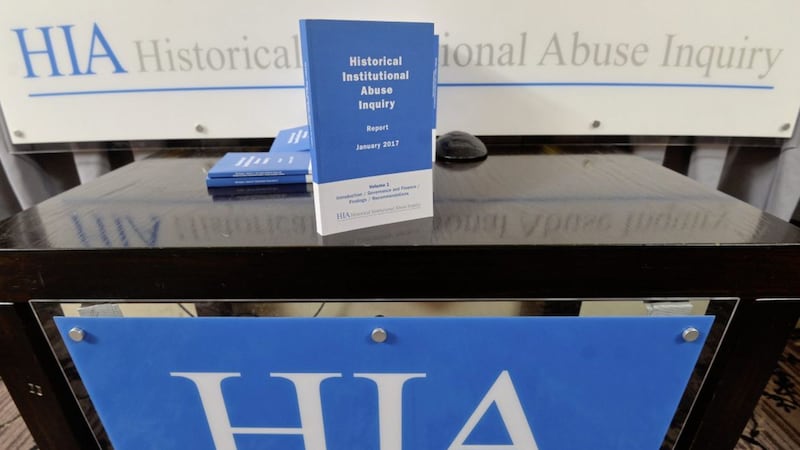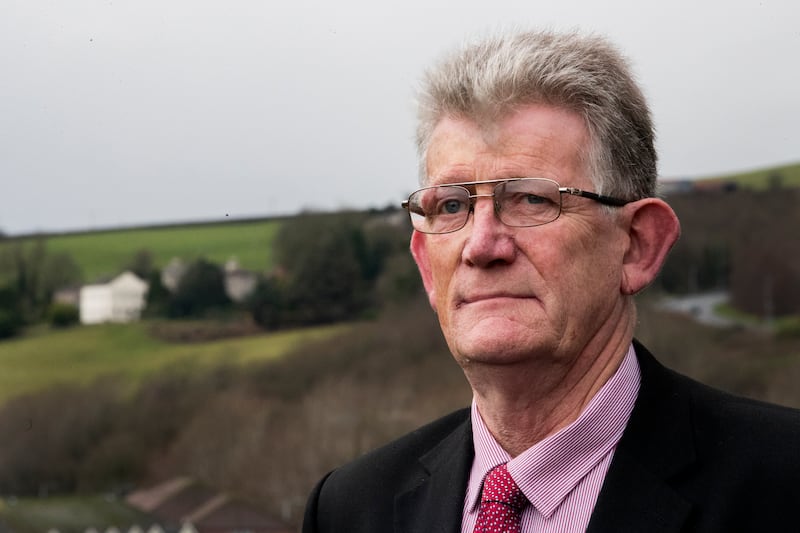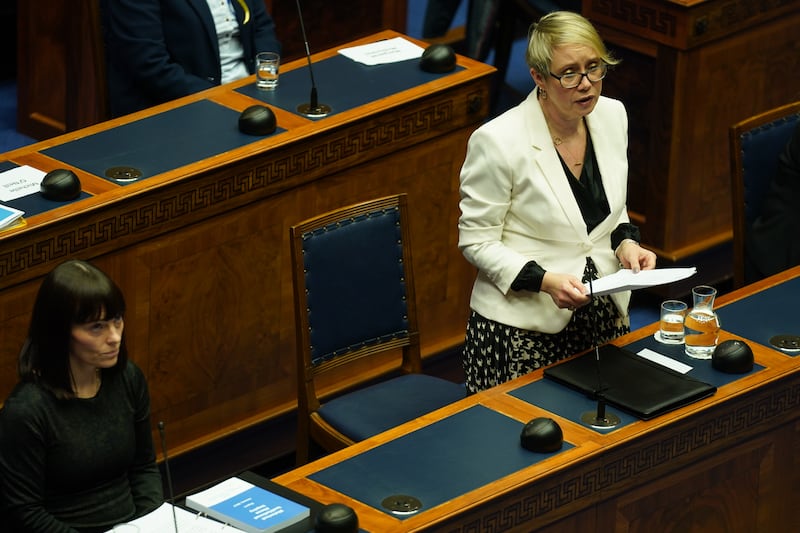Victims of historical institutional abuse can apply for compensation from today.
Anyone who was resident in an institution in Northern Ireland between 1922 and 1995 and suffered or witnessed abuse or were subjected to harsh conditions can apply.
People who were sent to Australia under the Child Migrant Programme are also eligible.
Applicants are advised to first contact a solicitor. This should be done via telephone or email during the coronavirus lockdown. All applicants to the compensation scheme can get free legal advice.
If an abuse victim has died, their spouse, civil partner, cohabiting partner or child can apply for compensation on their behalf.
There is a five-year window in which to make applications.
An application form can be printed from the Redress Board website at www.hiaredressni.uk or is available by e-mailing the HIA Redress Board at admin@hiaredressni.uk
A list of frequently asked questions is available on the interim advocate for abuse victims' website www.hiainterimadvocate.org.uk/faqs.html
Long-awaited legislation to set up a redress board for victims of historical institutional abuse was passed at Westminster in November.
It came almost three years after the Historical Institutional Abuse inquiry exposed serious sexual, physical and emotional abuse over decades at children's homes run by religious orders, charities and the state.
The board will now decide on how much compensation each applicant will receive.
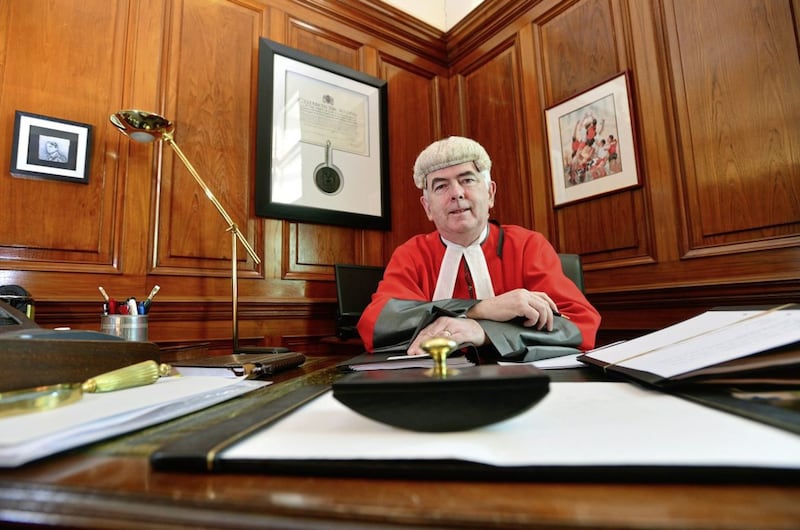
First Minister Arlene Foster said officials are doing all they can but warned that decisions on the level of compensation payments may be delayed due to the coronavirus lockdown.
"With the coronavirus outbreak, this is a challenging time for government and indeed for society as a whole," she said.
"However, we owe it to victims and survivors to ensure work continues in this key area as far as is possible in the current circumstances.
"Decisions will inevitably take longer than originally planned but victims and survivors can be assured we are committed to doing all we can to progress payments.
"Redress panel members and staff are working from home, so you can help us by applying through a solicitor, which keeps the applications digital.”
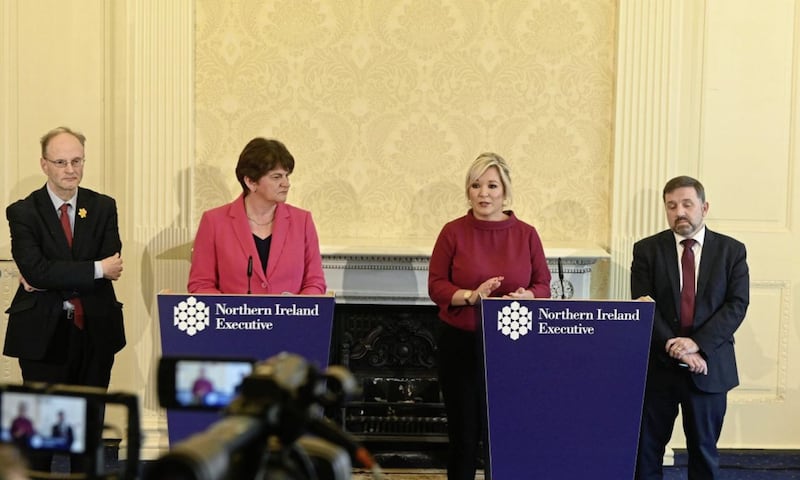
Deputy First Minister Michelle O’Neill said the long-standing abuse of children was wrong.
"It robbed thousands of children of their childhood who were failed by a system that should have protected them," she said.
"It is a sad reality that so many of these children were forced to spend their lives carrying extraordinary trauma, pain and suffering.
"While no scheme will make up for what was endured, we owe it to all victims and survivors to ensure that they get the redress they deserve.
“As we launch the Historical Institutional Abuse Redress Board today our thoughts are with all victims and survivors, and their families.
"My thoughts today are also with those who are no longer with us.
"Redress has been a long time coming and I pay tribute to all victims and survivors who, through their collective will, determination and resilience, have brought us to this important day of acknowledgement."
